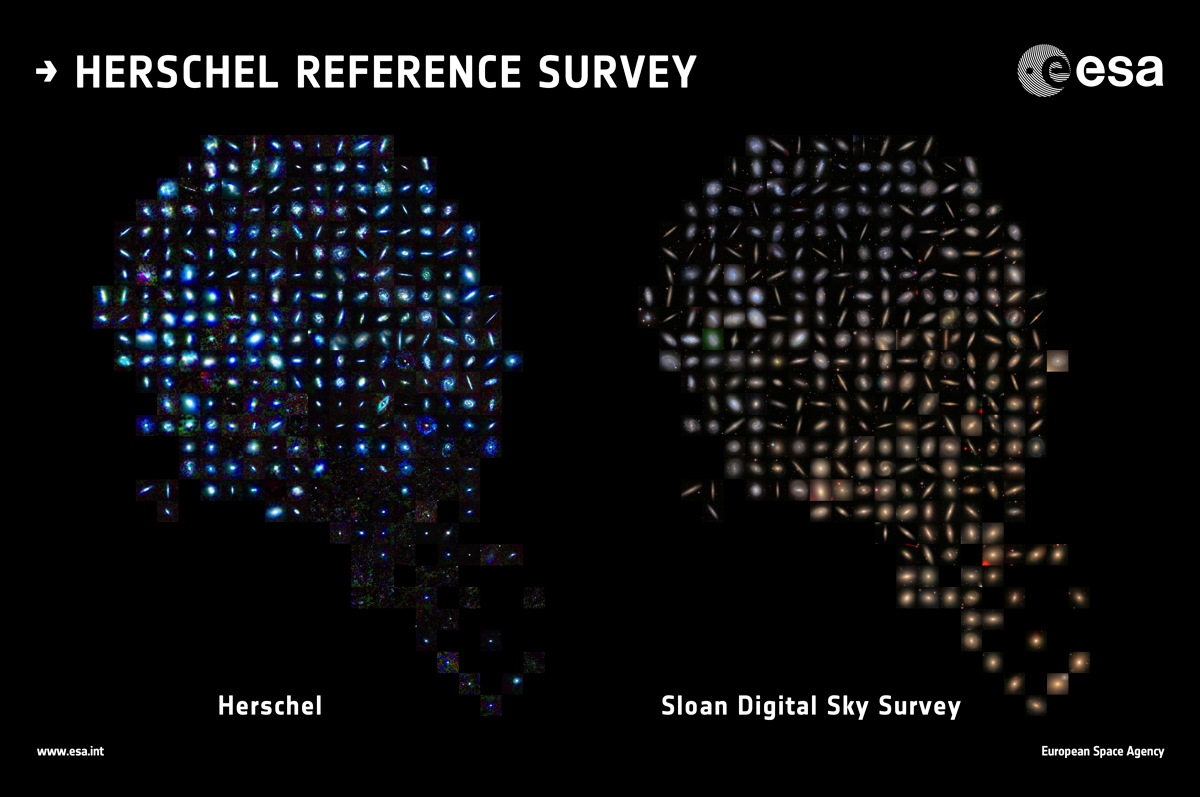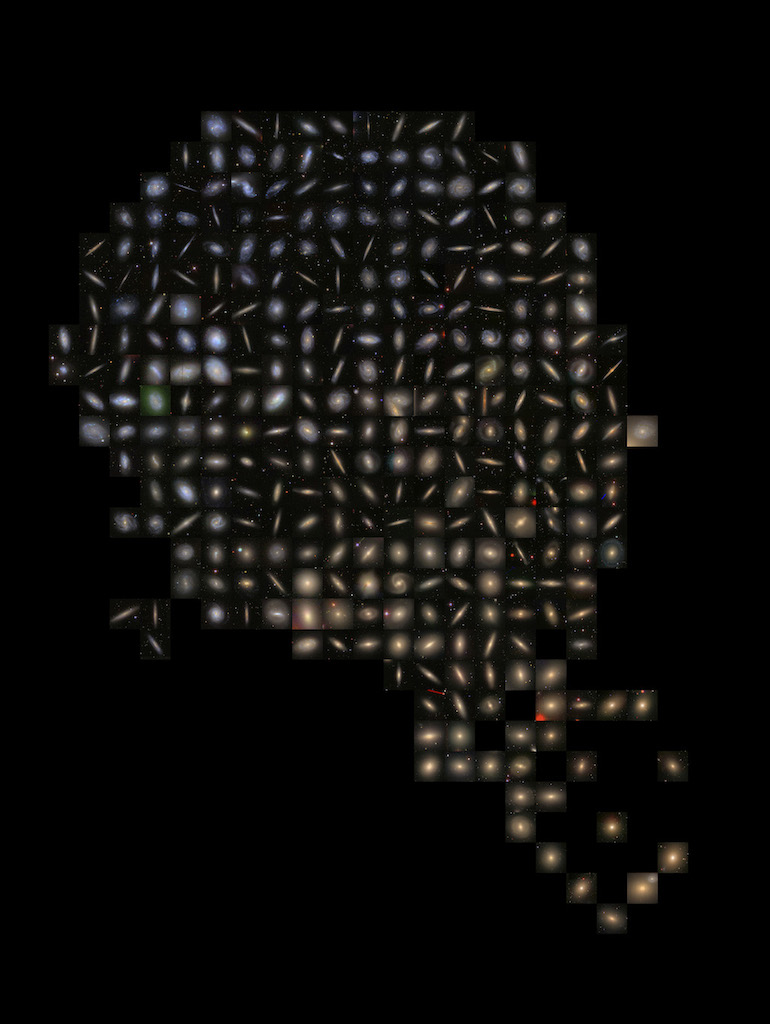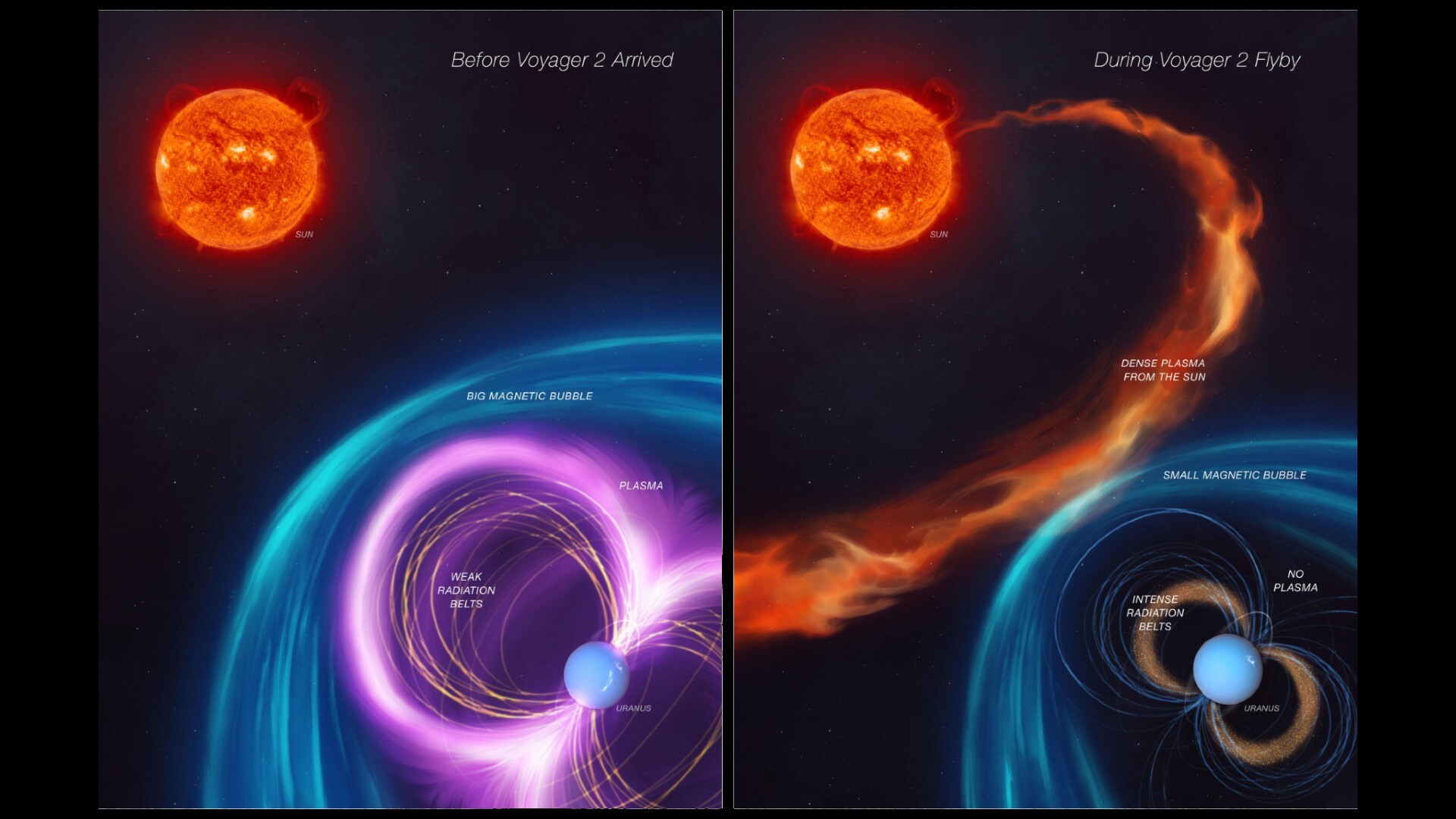European Space Telescope Maps Universe's Dust Like Never Before (Images)
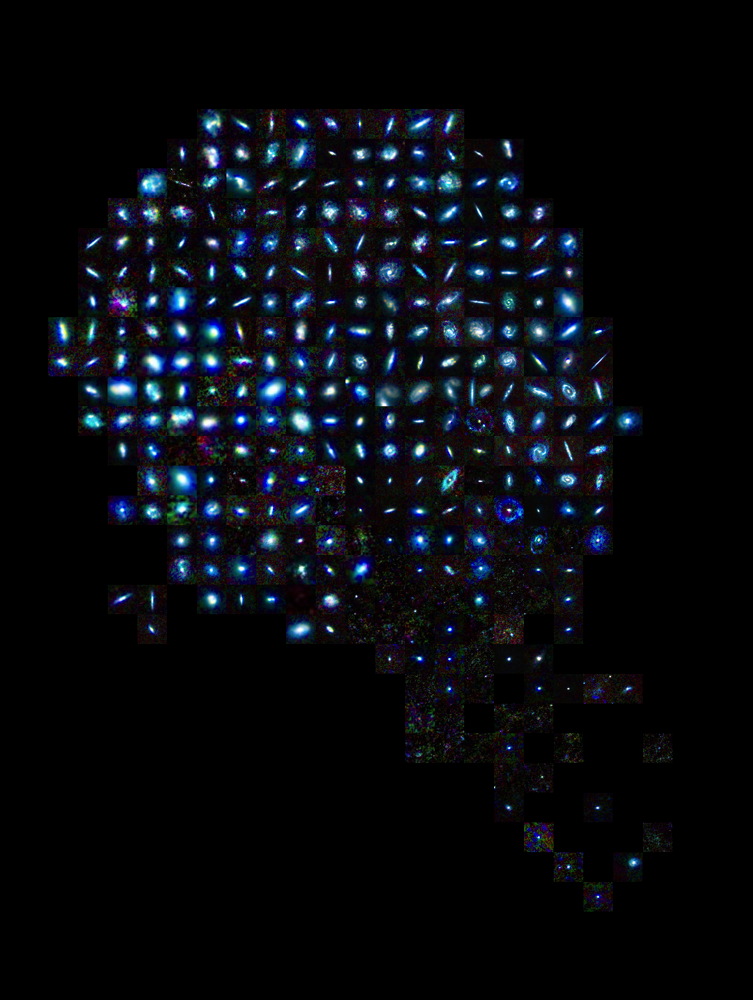
A European space telescope has helped astronomers create the best map ever of the cosmic dust that forms the glue of galaxies in the visible universe, scientists say.
Researchers used the European Space Agency's Herschel space observatory to the largest census of dust in galaxies near the Milky Way, studying over 300 galaxies in an attempt to nail down the properties of an important ingredient for the birth of stars and planets.
Dust may be a nuisance here on Earth, but in space, gravity pulls the particles together to start forming larger bodies. Herschel studied light emitted by the dust in 323 galaxies lying between 50 and 80 million light-years from the Milky Way. The census doesn't focus on similar galaxies but on widely varying ones, allowing astronomers a glimpse of the role dust plays throughout the universe.
Spiral galaxies like the Milky Way, as well as irregular galaxies, tend to be dust-rich, with more star formation. Elliptical galaxies tend to lack the ingredient, and birth fewer stars. Stars heat the dust, allowing Herschel to observe the light in the far-infrared and submillimeter wavelengths.
Hershel's census revealed wider variations between galaxies based on their star-formation alone, implying that other properties play an important part in the birthing process.
Further studies from telescopes on Earth will compliment Herschel's survey, providing greater insight into the role of dust in the evolution of galaxies. The census was one of the last scientific observations made by Herschel prior to the mission conclusion in April 2013.
Follow us @Spacedotcom, Facebook and Google+. Original article on Space.com.
Breaking space news, the latest updates on rocket launches, skywatching events and more!
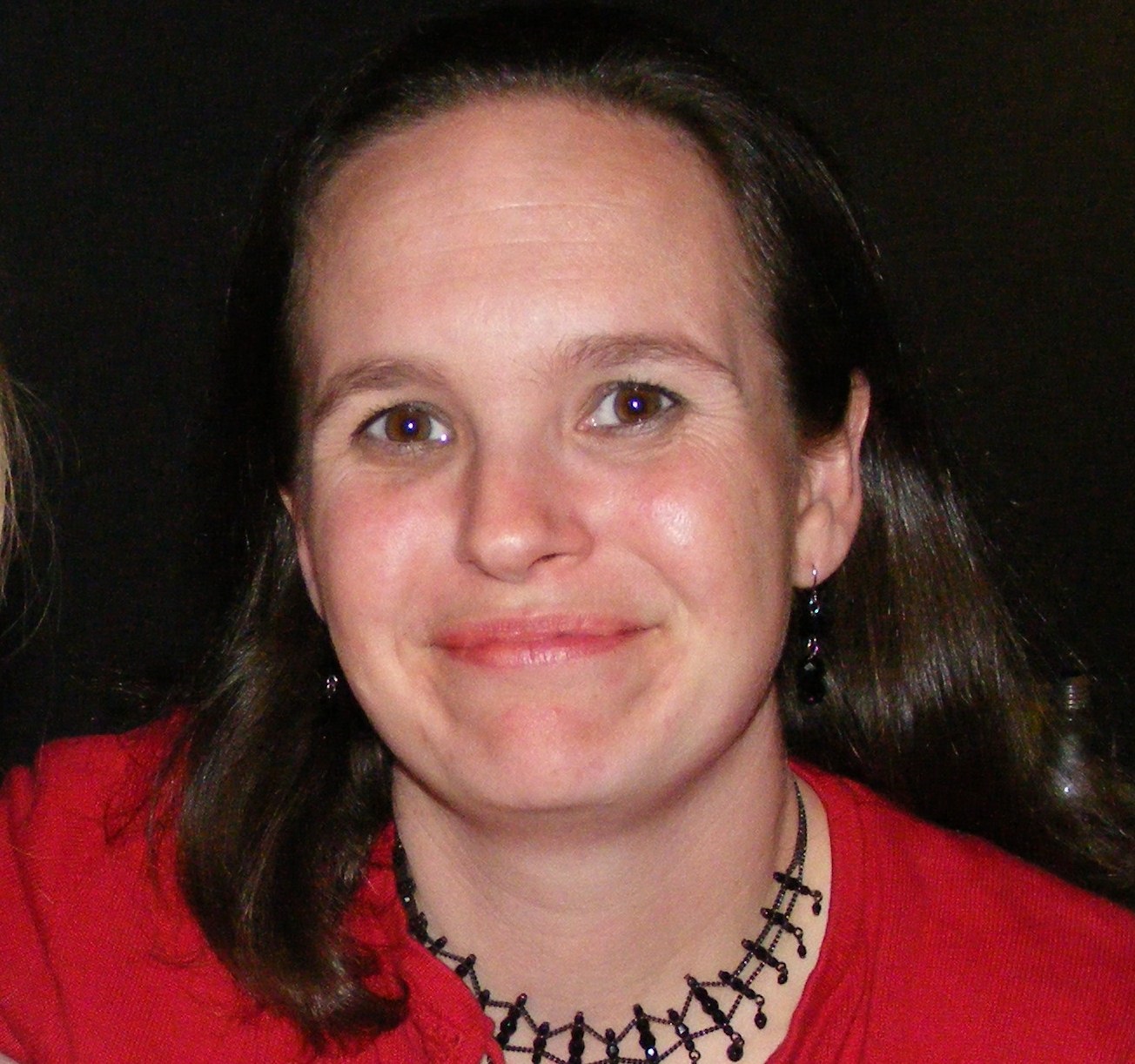
Nola Taylor Tillman is a contributing writer for Space.com. She loves all things space and astronomy-related, and always wants to learn more. She has a Bachelor's degree in English and Astrophysics from Agnes Scott College and served as an intern at Sky & Telescope magazine. She loves to speak to groups on astronomy-related subjects. She lives with her husband in Atlanta, Georgia. Follow her on Bluesky at @astrowriter.social.bluesky
